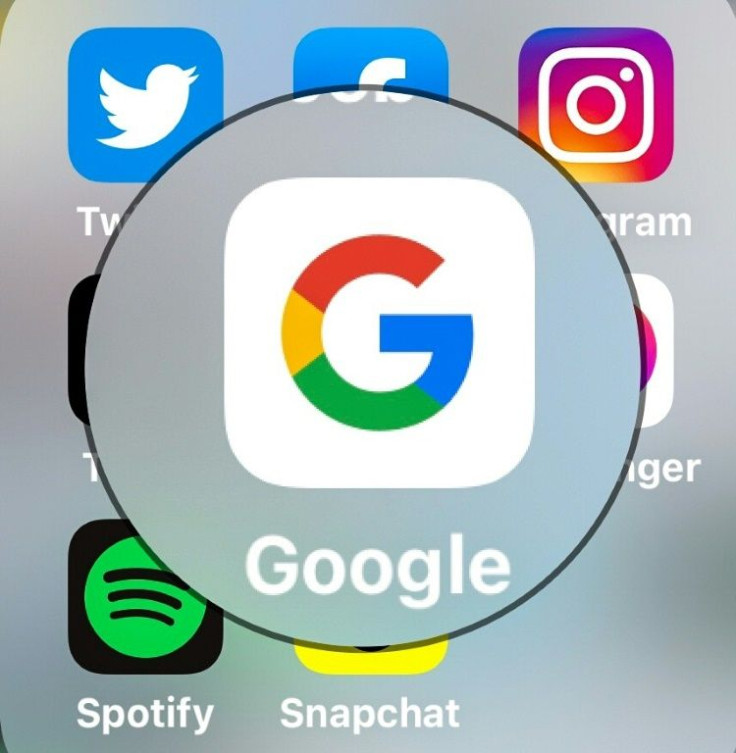New Bill Challenges Google's Digital Advertising Business

The Senate has long signaled that it was preparing antitrust measures to rein in Big Tech. On Thursday, lawmakers introduced a bill that targets Google's digital advertising business.
The Senate's new bipartisan proposal, The Competition and Transparency in Digital Advertising Act, would have broad revenue implications for a company with a market cap of about $1.5 trillion.
"For our economy to work, we need healthy competition," Sen. Amy Klobuchar, D-Minn., one of the bill's co-sponsors, posted on Twitter. "Smaller businesses can't compete with Big Tech. It’s time to protect innovation and competition. It's time for some basic rules of the road online."
Under the bill, companies would be prohibited from processing more than $20 billion in digital ad transactions annually from participating in more than one part of the digital advertising ecosystem.
This would be immediately threatening to Google, which is among the biggest players in online advertising and whose practices have come under scrutiny for how they impact smaller businesses. It would also cut a deep wound into its parent company Alphabet’s advertising revenue, which raked in $61.24 billion at the end of 2021.
In a statement to the Wall Street Journal, a Google spokesperson defended its advertising business as a valuable tool for other businesses and said the bill would create a host of privacy problems as well as weaken small businesses’ own advertising operations.
“[At] a time of heightened inflation, it would handicap small businesses looking for easy and effective ways to grow online. The real issue is low-quality data brokers who threaten Americans’ privacy and flood them with spammy ads,” Google said.
Google's gripe with this new bill is the latest conflict with regulators over its advertising business.
In December 2020, 10 states sued Google over what they said was unfair "rigging" of online advertising auctions together with Facebook (now Meta) to stave off competition. Google denied the accusation and in January called on a federal judge to dismiss the case.
Separately, a group of 36 states and the District of Columbia sued Google in June 2021 in an antitrust case that challenged its control over its app store.



















